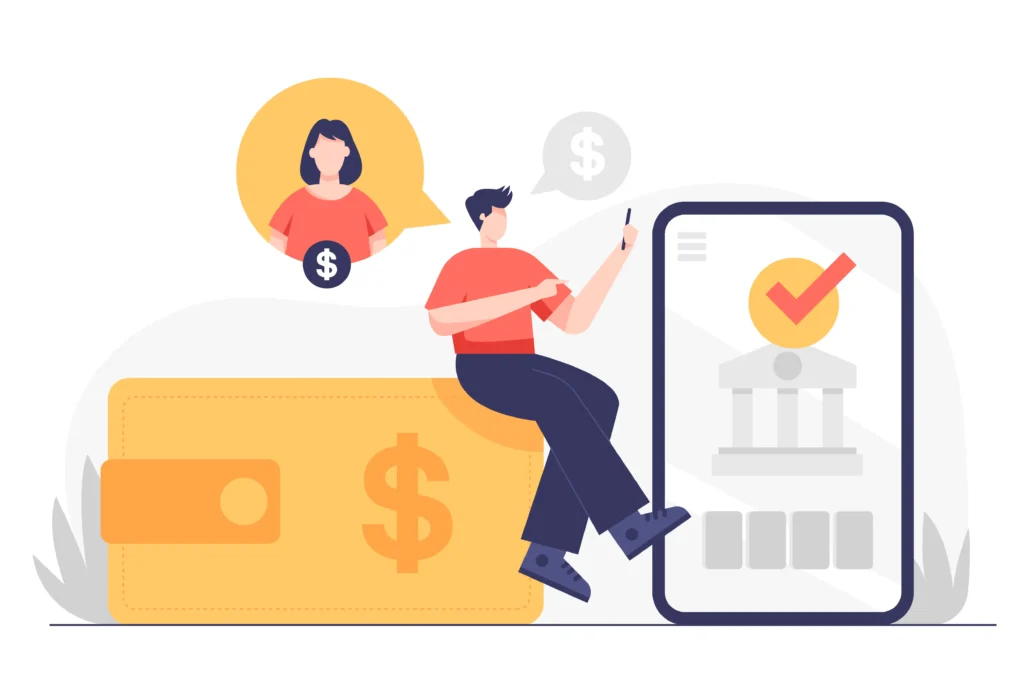
It’s Friday—you just got paid. A new restaurant, a few online orders, maybe a movie night, and suddenly your paycheck is gone. Most people never realize how to control their money on payday. Learning what to do when you get paid can change everything about your financial future. Here’s a simple paycheck routine that builds wealth, reduces debt, and helps you take control of your money.
Find Your Financial Baseline
The first step in managing your paycheck is knowing exactly where your money goes. Many Americans live paycheck to paycheck because they rely on mental accounting—categorizing money in their heads instead of tracking it.
Open a spreadsheet or budgeting app and list every recurring expense: rent, internet, groceries, and insurance. Remove non-essential items like streaming services and impulse subscriptions. What’s left is your financial baseline—the amount you need to survive monthly.
Ideally, keep your baseline under 50% of your total income. If it’s higher, downgrade where possible—simplify your phone plan or consider cheaper groceries. Understanding this number helps you control spending and know how much room you have to save or invest.
Build an Emergency Fund
Once you know your baseline, start saving for emergencies. Imagine the peace of mind that comes with six months of expenses in the bank. An emergency fund means you’re ready for medical bills, job loss, or car repairs—without relying on credit cards.
Experts recommend saving three to six months of core expenses. If your baseline is $3,000, aim for an $18,000 emergency fund. Remember, this money is not for vacations or gadgets—it’s for real emergencies only.
Eliminate High-Interest Debt
More than 70% of Americans carry debt, and high-interest balances destroy financial progress. If you owe $6,500 on a credit card at 19.5% interest and make only the minimum payment, you’ll take eight years to pay it off and spend over $6,000 in interest alone.
To fix this, use either the avalanche method (paying highest interest first) or the snowball method (paying smallest balance first for motivation). Track all your debts in one document and update them regularly. Watching the numbers shrink keeps you focused and consistent.
Start Investing Early
The biggest mistake people make with their paycheck is waiting to invest. Compound interest grows exponentially over time. A 10% annual return can double your money every decade.
If you invest $6,000 a year from age 25 to 65, you’ll end up with over $2.7 million. But if you wait even ten years to start, you could lose half that growth.
Invest through retirement accounts like a 401(k) or Roth IRA first—especially if your employer matches contributions. It’s free money that also lowers your taxable income. After maximizing those, you can use a regular brokerage account for additional investing.
Avoid Timing the Market
A common mistake new investors make is trying to predict when the market will go up or down. Nobody knows. The smartest strategy is to invest consistently—the same amount every month, regardless of market conditions.
This is called dollar-cost averaging. When prices drop, your fixed investment buys more shares; when prices rise, it buys fewer. Over time, this smooths out volatility and reduces emotional decision-making.
Manage Opportunity Costs
Time is the one thing money can’t buy back. Use your paycheck to create time freedom. If you can earn $90 in three hours with a side hustle and hire someone to clean your house for $30, you’re effectively buying three hours of freedom for $60 profit.
Track time-consuming tasks you dislike and calculate their opportunity cost. Use the extra time to build skills or earn more money—both directly increase your financial potential.
Automate Everything
Manual budgeting and bill paying lead to mistakes and stress. Automation ensures you stay consistent without effort.
Set up direct deposit for your paycheck. Then automatically divide it into two accounts: one for spending (bills, food, essentials) and one for saving. Automate transfers for investments, emergency fund contributions, and debt payments. This “set-and-forget” method eliminates decision fatigue and guarantees progress.
Focus on Long-Term Freedom
Even when you follow all the right steps, it’s easy to feel like you’re not doing enough. But financial progress happens gradually. Building wealth isn’t about quick wins—it’s about consistent routines every time you get paid.
Understand your baseline, protect yourself with savings, eliminate debt, and invest early. Automate what you can, and track progress monthly. Each paycheck becomes a stepping-stone toward financial stability and independence.
For more practical guidance, visit Investopedia’s Personal Finance Guide.